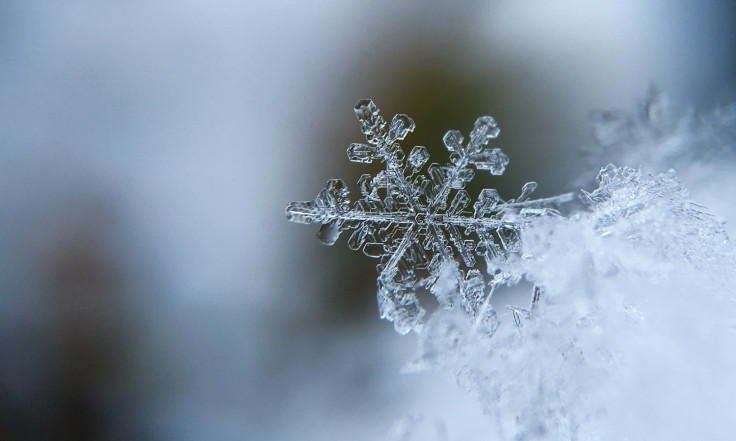Young people rally against the term 'snowflake'
"Majority of adults also agree that the term is unfair and unhelpful," say researchers.

'Snowflake' is a disparaging, often politicised, term levelled at people believed to be overly sensitive who are deemed to complain or take offence too easily. It is commonly levelled at younger people, who have now rallied against the term.
Research by insurance firm Aviva has found that 72% of 16-24-year-olds think the term is unfairly used, while 74% think its use could have a negative effect on people's mental health.
The same figures also show that young people are more likely to have experienced depression, anxiety and stress over the past 12 months. Half of the respondents reported such issues compared to a third of UK adults overall.
"Our findings suggest that young adults are more likely to be experiencing mental health problems, so using a phrase which criticises this age group could add to this issue," said Dr Doug Wright, Aviva's medical expert.
"Any term used disparagingly to a segment of the population is inherently negative. While young adults in particular appear to take offence at the 'snowflake' label, the majority of adults agree that the term is unfair and unhelpful.
"It's important that people consider how such labels are used, and the cumulative effect they could have on their recipients," he added.
The research found that 13% of young people said they were experiencing mental health problems but had not sought help. That figure for adults overall is 7%.
When it comes to discussing a mental health problem, one third of 16-24-year-olds said they would be likely to feel uncomfortable, compared to 27% of all adults.
The term "snowflake" adopted its additional meaning in the US. Claire Fox's 2016 book, I Find That Offensive, described an incident at Yale University where students clashed with faculty authorities over the use of Halloween costumes which were perceived as cultural appropriation.
'Generation snowflake' arose from the incident, and was used in similarly condescending ways as terms such as 'safe space' -areas where people can feel safe from harassment and discrimination - and 'trigger warnings' - signposting potentially offensive material or opinions.
'Snowflake' also has its roots in Chuck Palahniuk's 1996 book Fight Club, which contains the line: "You are not special. You are not a beautiful and unique snowflake."






















